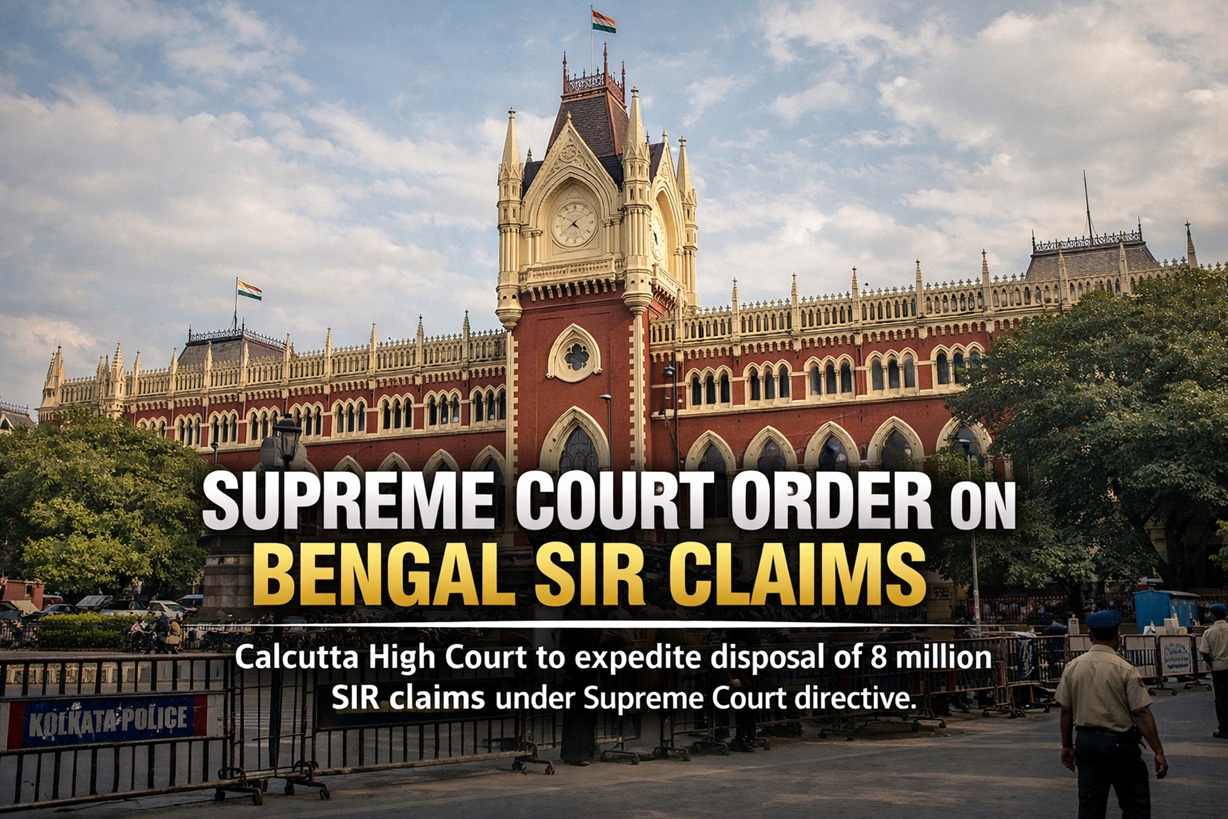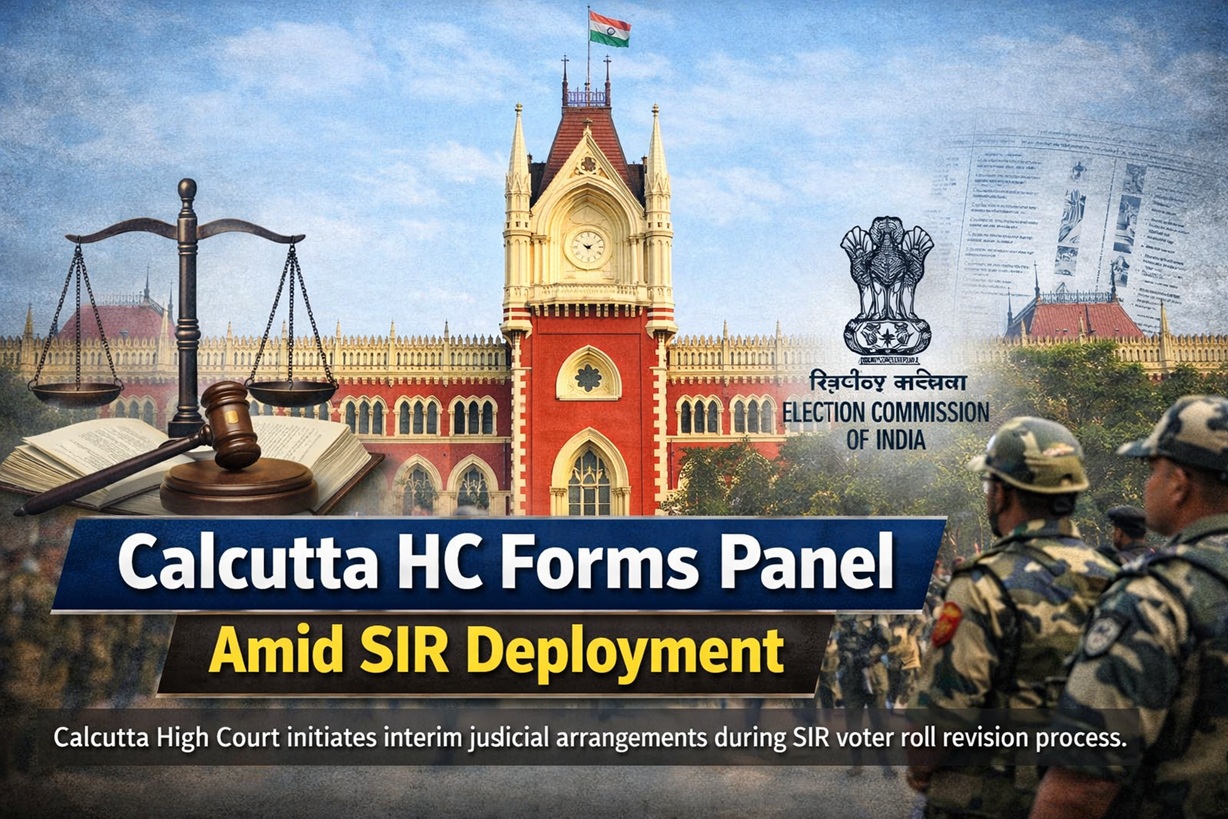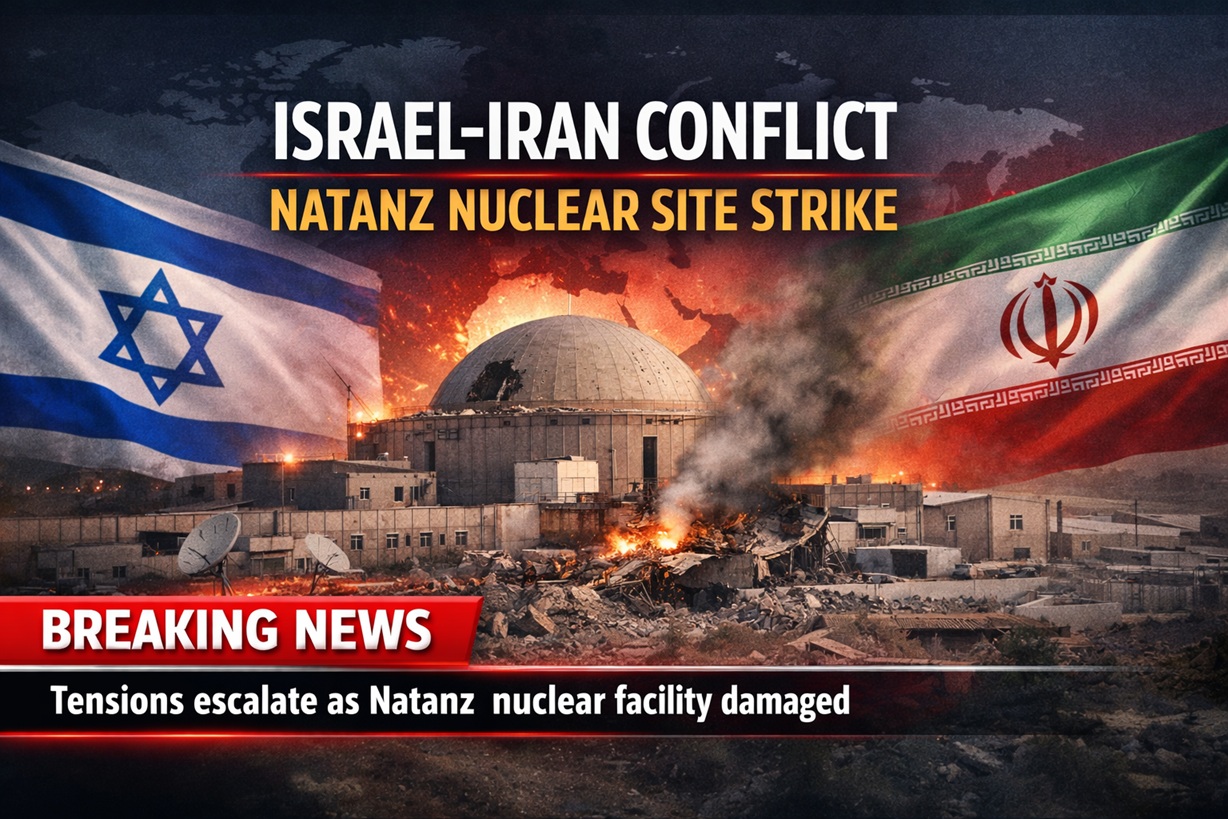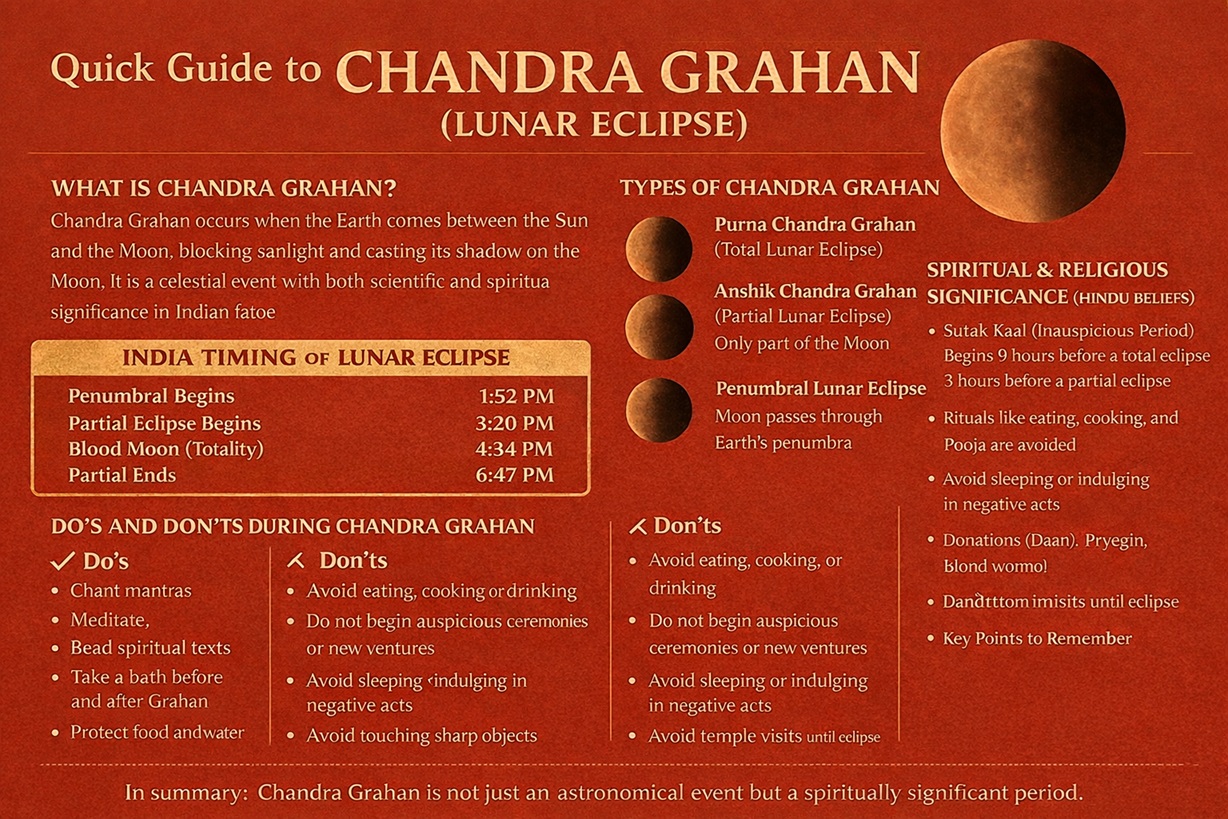Meta description: BJP MP Nishikant Dubey faces contempt plea in Supreme Court over remarks on CJI Sanjiv Khanna. A political-judicial showdown brews in India.
Keywords: Nishikant Dubey, Supreme Court India, CJI Sanjiv Khanna, contempt of court, judiciary vs parliament, BR Gavai, Indian judiciary news, BJP news, judicial accountability, judicial activism India, executive judiciary clash, Indian democracy, Nishikant Dubey controversy, Chandrachud CBI probe, viral political news India, judicial independence India
“When the powerful feel threatened, truth becomes contempt.”
A new constitutional flashpoint is brewing—BJP MP Nishikant Dubey’s blistering attack on the Supreme Court and CJI Sanjiv Khanna has ignited a firestorm that’s now racing through both the legal and political corridors of India. With the Supreme Court set to hear a contempt petition next week, the clash between the judiciary and the executive is no longer a simmer—it’s on the verge of a full-blown eruption.
But this isn’t just about a politician’s provocative tweets. This is a battle for the very heartbeat of India’s democracy.
What Sparked the Fire?
Last week, Dubey took to social media and the public stage to question not just individual judges but the foundations of judicial authority in India. His critique ranged from the opaque appointment system of judges to specific allegations about preferential treatment and historical bias in landmark judgments.
Most incendiary of all: a sharp jab at CJI Khanna, and a series of tweets suggesting that India’s judiciary is operating like an “unaccountable mafia.”
A petition seeking criminal contempt proceedings was filed. The matter was mentioned urgently before Justice B.R. Gavai, who acknowledged the gravity and listed it for hearing next week.
But while the legal clock ticks, Dubey is far from cowed.
Dubey Doubles Down
Instead of dialing down, Nishikant Dubey has gone full throttle—questioning not just judicial conduct, but its moral right to evade public scrutiny. He invoked past cases like Teesta Setalvad’s sudden Supreme Court relief, stories of “late-night bail” allegedly granted under influence, and even brought up historical instances of judges with direct political affiliations being promoted.
He claimed:
“This is a mafia in robes. This is not justice; it is judicial tyranny.”
In any other democracy, this would be a scandal. In India, it’s a standoff.
The Constitutional Tug-of-War
Here lies the real crux of the matter: Is criticism of judges equivalent to contempt of court?
India’s contempt law is a colonial hangover, one that empowers courts to punish anyone who “scandalizes” or lowers their authority. But does that provision have a place in a digital age where transparency is demanded, and democracy is loud?
More so, can the judiciary be both judge and plaintiff in a case where its own integrity is under question?
This leads us to another voice in the storm: Vice President Jagdeep Dhankhar, who reiterated this week that “Parliament is supreme”—a subtle yet sharp reminder that judges are not the final sovereigns in a democratic republic.
The CBI Angle: A Parallel Blaze
As if one conflagration wasn’t enough, a separate, bombshell development has quietly made its way to the top.
A CBI inquiry has reportedly been initiated—or at least formally recommended—into allegations against Chief Justice D.Y. Chandrachud, based on a letter from Justice Rakesh Kumar of the Patna High Court. The letter alleges judicial impropriety in an old case involving Teesta Setalvad, and more shockingly, insinuates abuse of emergency benches to grant relief on non-working days.
While no official investigation has been confirmed, sources say the request has been forwarded to the DoPT—a move widely interpreted as a message from the government: “We’re watching.”
The Free Speech Minefield
What makes this case uniquely combustible is the intersection of free speech, judicial dignity, and political power. If a sitting MP can be jailed for calling out alleged bias or historical favoritism, where does parliamentary privilege end and contempt begin?
More critically, who decides the limits of criticism? If the judiciary alone holds that power, can it ever be truly objective?
The Modi government, at least for now, seems reluctant to intervene. The Attorney General has not yet granted sanction for contempt prosecution. And while the Supreme Court has taken note, there’s little clarity on whether it will take a hardline stance or lean toward restraint.
Meanwhile, in the Court of Public Opinion…
Social media has become the new battleground, with Dubey’s supporters hailing him as a whistleblower and his critics decrying him as dangerous populist intent on eroding institutional trust.
With every tweet, reel, and YouTube video, the digital archives grow, and with them, a new kind of public scrutiny—one not bound by courtroom protocol or constitutional decorum.
️ The Larger War: Judiciary vs Government
This isn’t just about Dubey. It’s about control over narrative, authority, and legacy.
The judiciary is grappling with a crisis of credibility. The government is flexing its muscles, signaling that even the highest judges are not untouchable. The media is divided. The public is confused. And the Constitution, for now, seems caught in the crossfire.
If next week’s hearing results in contempt proceedings, expect fireworks. But if the court steps back, it could set a precedent for unrestricted political criticism of the judiciary going forward.
Either way, Indian democracy is at a constitutional crossroads.
Final Thought: Who Watches the Watchmen?
India is often called the world’s largest democracy. But democracy doesn’t work without accountability. Whether it’s Parliament or the Judiciary, no institution can be above scrutiny.
The question we now face is simple, yet seismic:
Is speaking truth to power a crime—or a duty?
nishikantdubey, #supremecourtofindia, #presidentdraupadimurmu, #waqfamendmentact, #sanjeevkhanna, #BRgavai, #cjichandrachud, #vishnujain, #waqfamendmentbill, #bjp, #amitshah, #narendramodi, #jpnadda, #westbengalviolence, #politicalcontroversy, #DubeyVsSC, #ParliamentSupreme, #ContemptOrCourage,







